Understanding Organic Fertilizers
Organic fertilizers are natural substances derived from plant, animal, or mineral sources.
Unlike synthetic fertilizers, they are minimally processed and contain organic matter that improves soil structure and fertility.
Embracing organic fertilizers aligns with eco-friendly gardening practices, promoting sustainable soil health and plant growth.
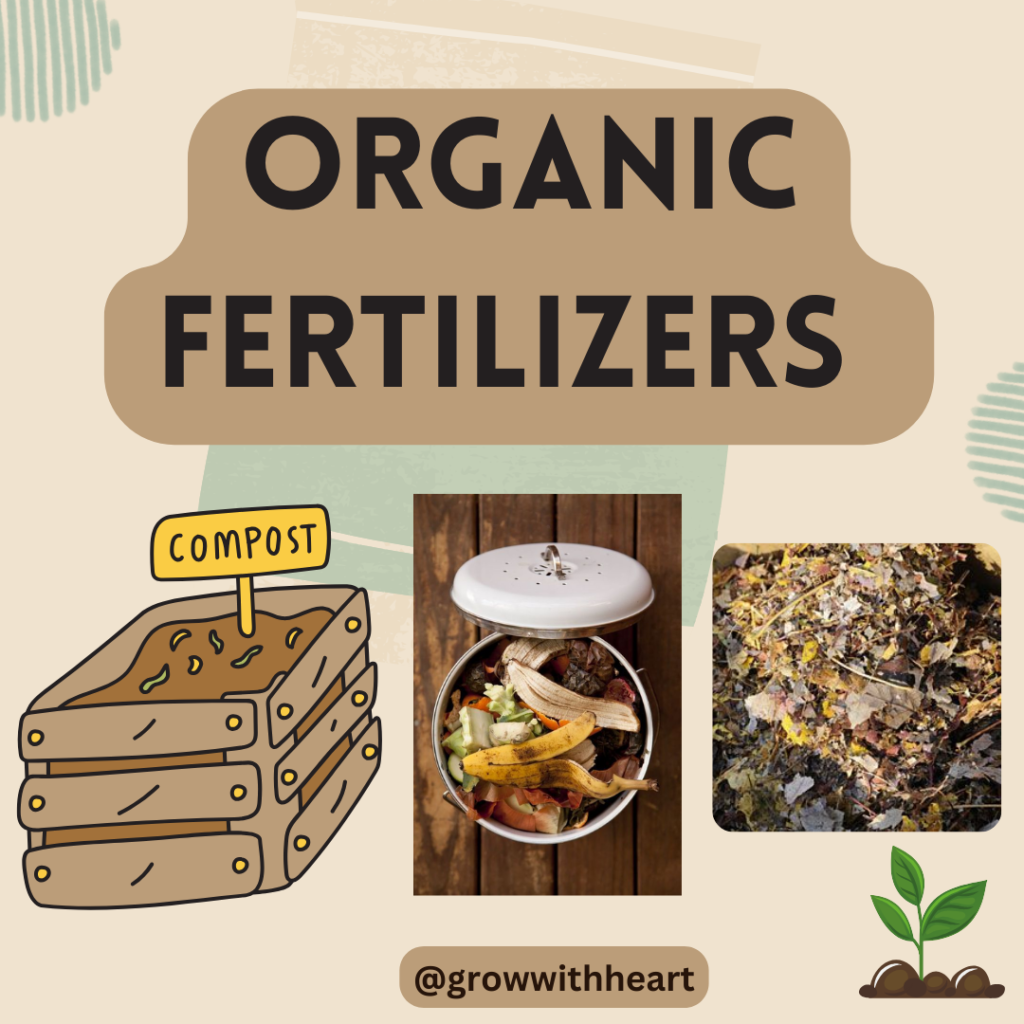
Here’s a breakdown of their definition, benefits, and common types:
What are organic fertilizers? And its Benefits
Organic fertilizers are natural amendments used to enrich soil with essential nutrients for plant growth.
They contain a variety of organic compounds, including nitrogen, phosphorus, potassium, (N, P, K) micronutrients, and beneficial microorganisms.
These nutrients are released slowly, providing a steady supply to plants over time.
One of the key benefits of organic fertilizers is their ability to enhance soil structure and fertility.
They improve soil texture, water retention, and aeration, creating an optimal environment for root development and nutrient uptake.
Organic fertilizers also promote the growth of beneficial soil organisms, such as earthworms and beneficial bacteria, which contribute to overall soil health.
Unlike synthetic fertilizers, organic fertilizers are environmentally friendly and sustainable.
They reduce the risk of chemical runoff and groundwater contamination, protecting water sources and ecosystems.
Additionally, they contribute to long-term soil fertility and resilience, supporting healthy plant growth year after year.
Types of Organic Fertilizers:
plant-based fertilizers
Fertilizers made from plants generally have low to moderate N-P-K values.
But, their nutrients quickly become available in the soil for your plants to use.
The most commonly available plant-based fertilizers include the following:
- Compost
- Humus
- Coffee grounds
- Green manure
- Cover crops
- Peanut meal
Animal-based fertilizers:
Cow manure
Cow manure is the most common animal-based organic fertilizer, As it has complete balance of nutrients which is very good for your gardens and vegetable gardens.
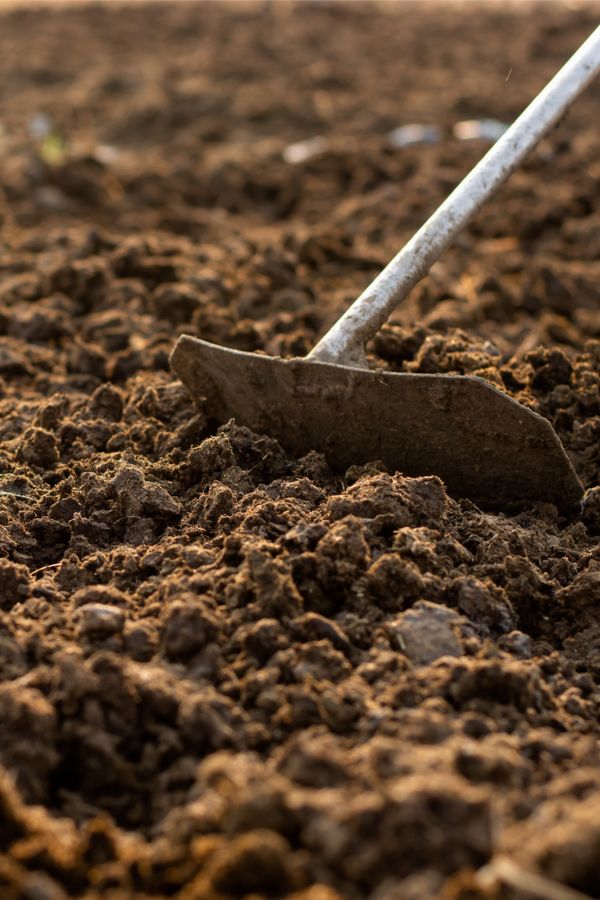
Balanced Nutrition for Plants:
Plants require a diverse array of nutrients for optimal growth, including nitrogen, phosphorus, and potassium, among others.
Imbalances or deficiencies in these essential elements can manifest as stunted growth, yellowing leaves, or poor fruit development.
Composting as a Sustainable Fertilization Practice:
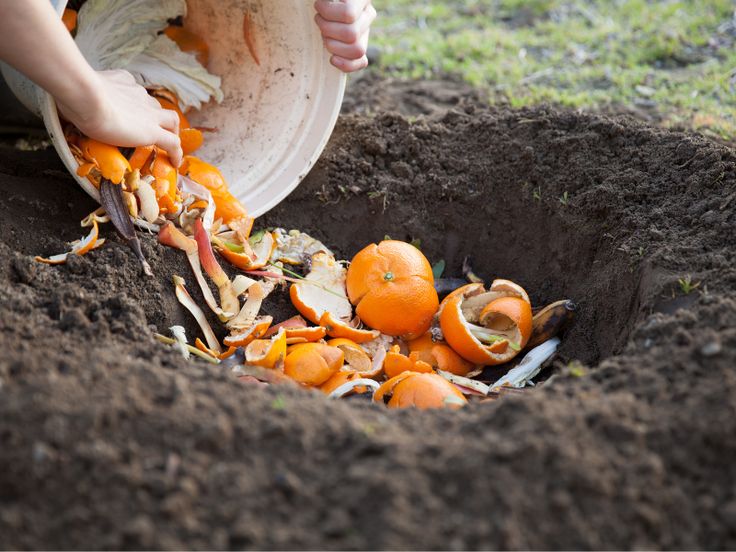
Composting transforms organic waste into nutrient-rich humus, enhancing soil fertility and structure.
By recycling kitchen scraps and yard debris, gardeners can minimize waste while nourishing their plants naturally.
In today’s environmentally conscious world, composting has emerged as a simple yet impactful way to reduce waste and enrich soil.
Whether you’re a seasoned gardener or new to sustainability practices, understanding the fundamentals of composting is essential.
Composting is the natural process of decomposing organic matter into nutrient-rich soil amendments.
Getting Started with Composting:
To begin composting, you’ll need to select a suitable method based on your space and preferences.
Whether it’s a traditional backyard pile, a tumbling composter, or a vermicomposting bin, each method has its advantages.
Gather organic materials such as kitchen scraps, yard waste, and shredded paper to kick-start the process.
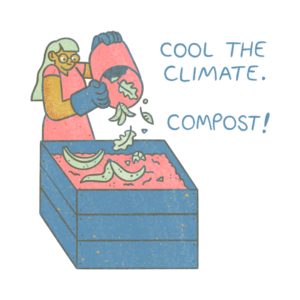
What to Compost?
Organic materials like fruit and vegetable scraps, coffee grounds, and yard trimmings are ideal for composting.
However, steer clear of dairy, meat, and oily foods, as they can attract pests and slow down decomposition.
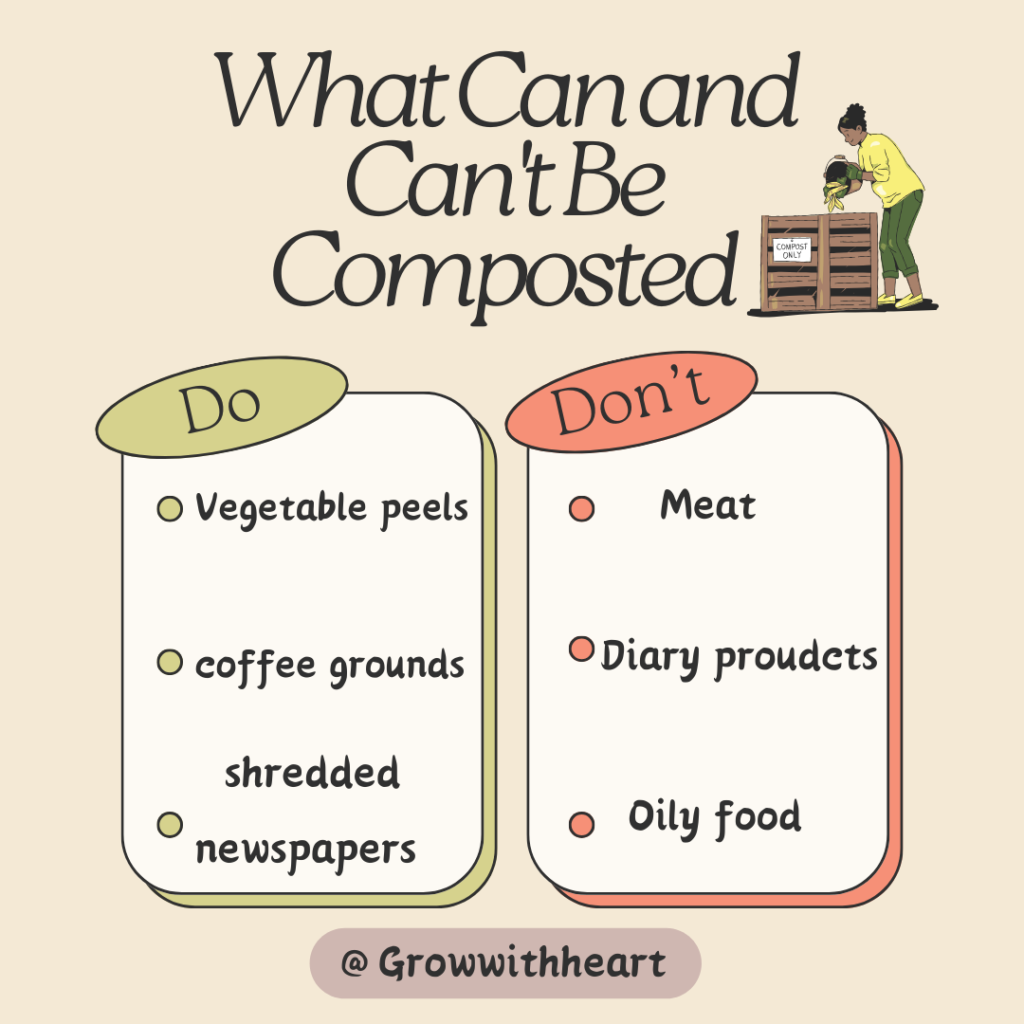
Troubleshooting Common Issues
Occasional challenges like foul odors, unwanted pests, or slow decomposition may arise.
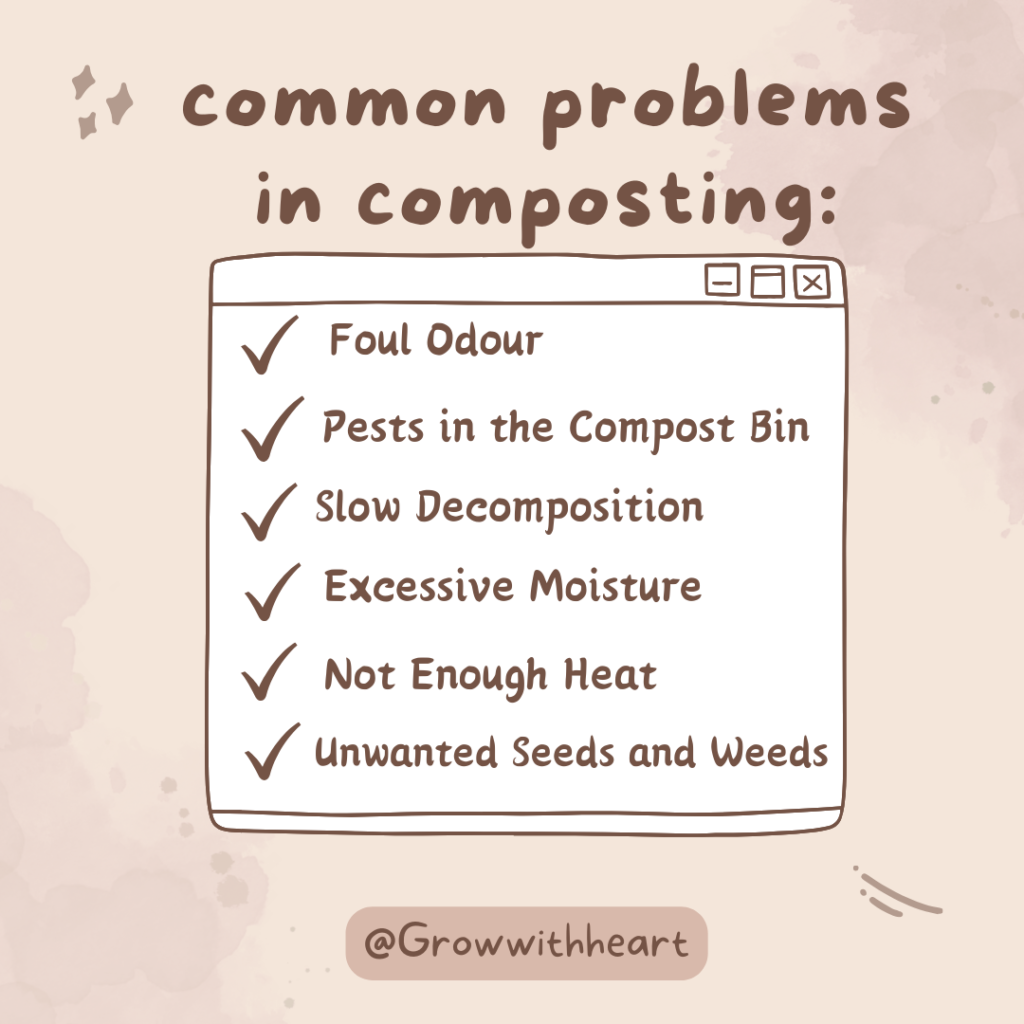
By adjusting the carbon-to-nitrogen ratio, monitoring moisture levels, and adding amendments like lime or wood ash, you can overcome these hurdles.
Using Compost
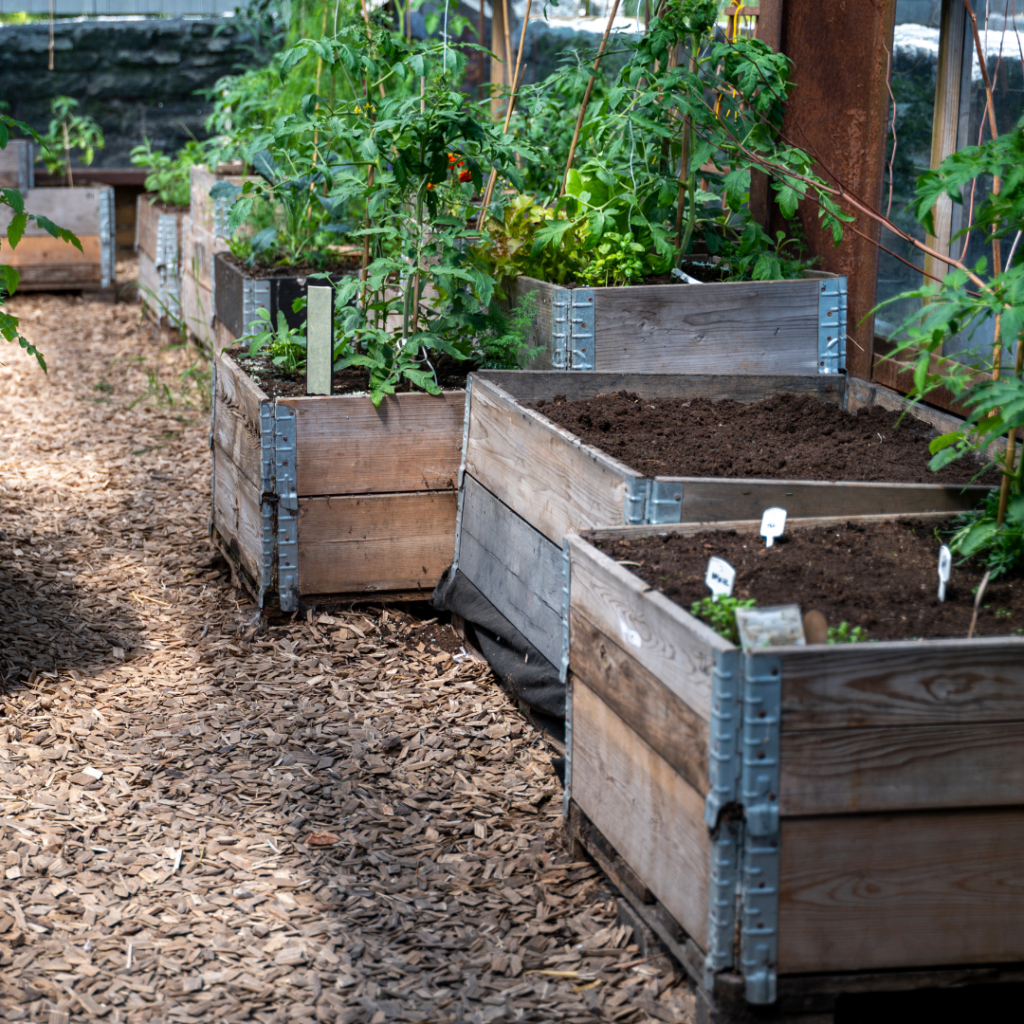
Once your compost is ready, incorporate it into garden beds, potting mixes, or top dressings to improve soil structure and fertility.
The rich humus acts as a natural slow-release fertilizer, providing essential nutrients for plant growth.
Mulching for Nutrient Retention
Mulching serves as a dual-purpose technique, conserving soil moisture and enriching the earth with organic matter as it decomposes.
Materials such as straw, dry leaves, and grass clippings not only suppress weeds but also release essential nutrients into the soil over time.
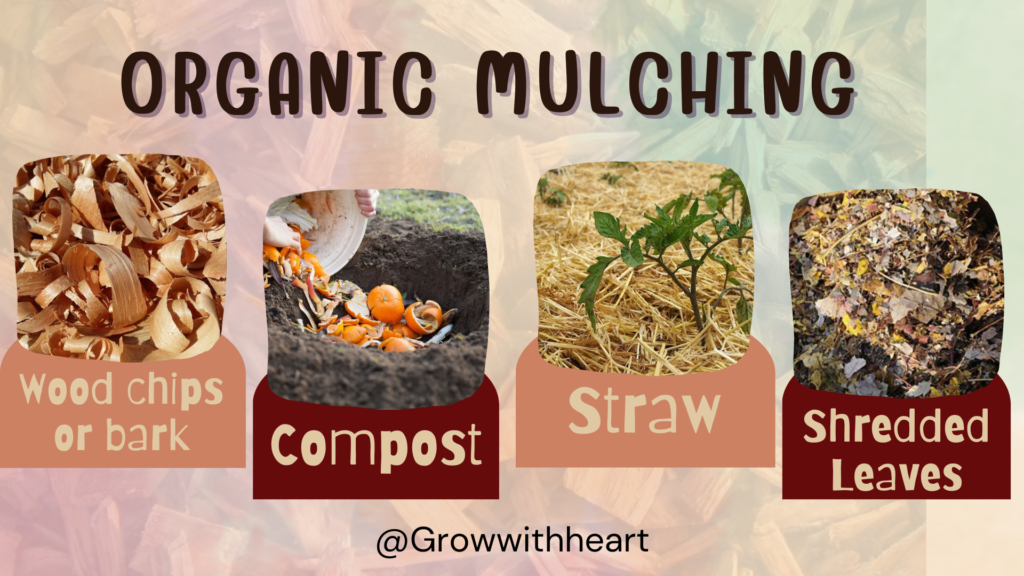
DIY Organic Fertilizer
Crafting homemade organic fertilizers allows gardeners to customize nutrient blends tailored to their specific plant needs.
5 most easy DIY fertilizers
- Rice water: Rice water is a natural and effective fertilizer that can be easily made at home.
- Potato water: Potato water is a simple and effective fertilizer that you can easily make at home using leftover potato cooking water.
- Banana peels: Banana peels are a valuable source of nutrients that can be used to make organic fertilizer for your plants.
- Vegetable water: it can be utilized as a nutrient-rich fertilizer for your plants.
- Coffee Grounds: Coffee grounds are a versatile and readily available organic material that can be used as a natural fertilizer in your garden.
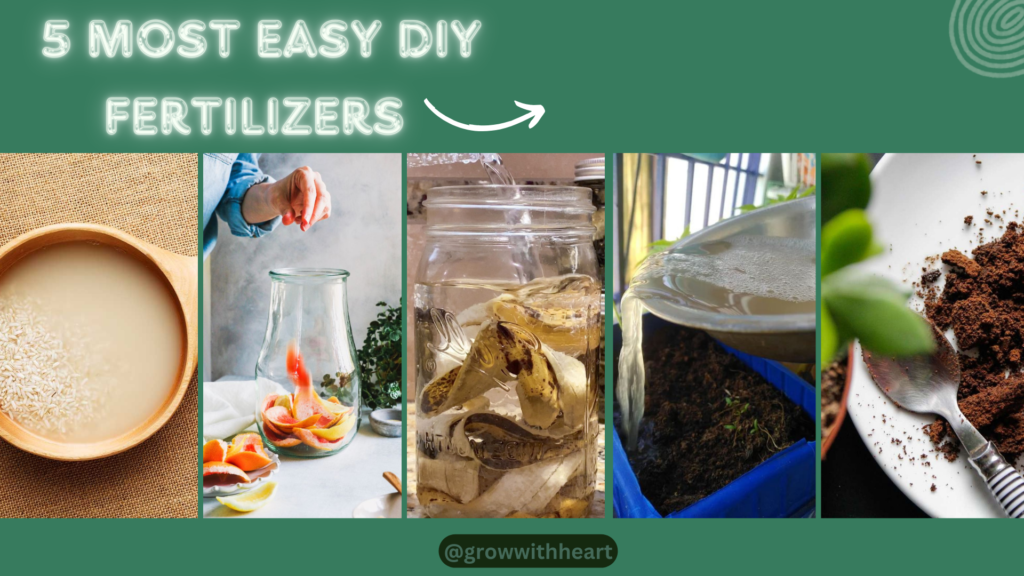
Seasonal Fertilization Tips
Adapting fertilization practices to seasonal variations ensures plants receive the nutrients they need at each stage of growth.
Spring may call for nitrogen-rich fertilizers to promote lush foliage, while fall applications focus on root development and winter hardiness.
Importance of Soil Testing
Conducting regular soil tests empowers gardeners to make informed decisions regarding fertilizer application.
By analyzing nutrient levels and pH levels, they can adjust their fertilization regimen to address deficiencies and optimize plant health.
Integrated Pest Management (IPM)
Maintaining a balanced ecosystem in the garden involves more than just fertilization—it also entails managing pest populations effectively.
Integrated pest management strategies emphasize preventive measures and natural predators to minimize chemical interventions.
Promoting Microbial Activity in Soil
Beneath the surface, a bustling community of microorganisms plays a vital role in soil health and plant nutrition.
Practices such as incorporating organic matter and minimizing soil disturbance foster a thriving microbial ecosystem, enhancing nutrient availability for plants.
Fertilization Techniques for Container Gardening
Container plants present unique challenges due to limited soil volume and drainage issues.
To ensure their vitality, gardeners must adopt specialized fertilization techniques tailored to the needs of potted plants.
Avoiding Overfertilization
While fertilization is essential for plant growth, excessive application can lead to nutrient imbalances and environmental pollution.
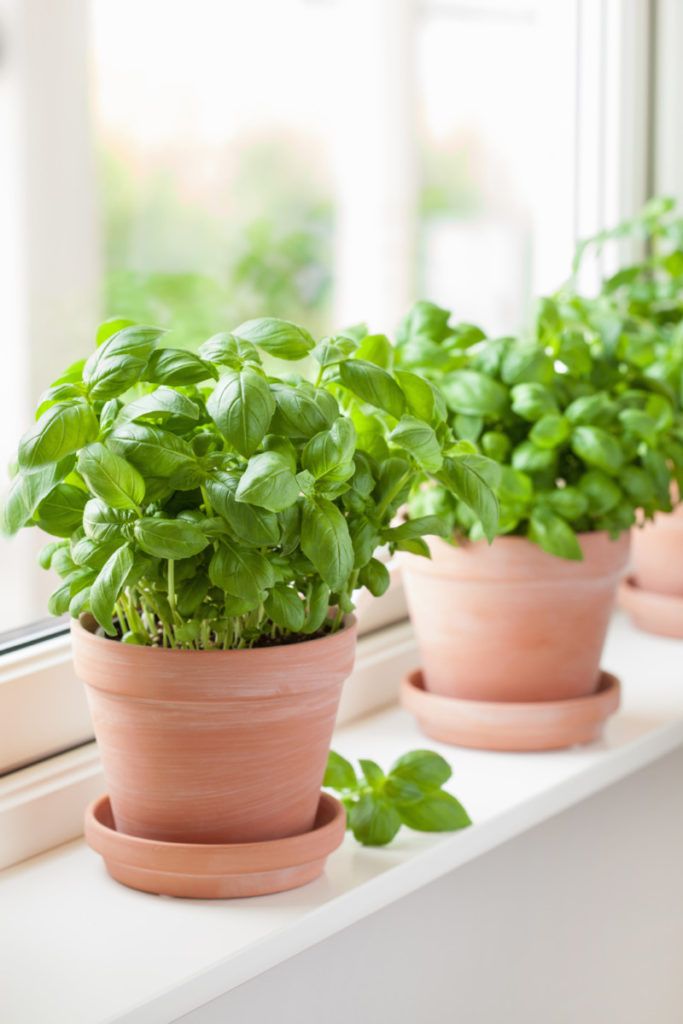
Monitoring plants for signs of stress and following recommended dosage guidelines helps prevent the pitfalls of overfertilization.
Conclusion
Fertilization is the backbone of successful kitchen gardening, providing plants with the nutrients they need to grow healthy and strong.
By understanding the importance of fertilization and adhering to basic principles, you can create an environment where your plants flourish, resulting in a bountiful harvest for your kitchen table.

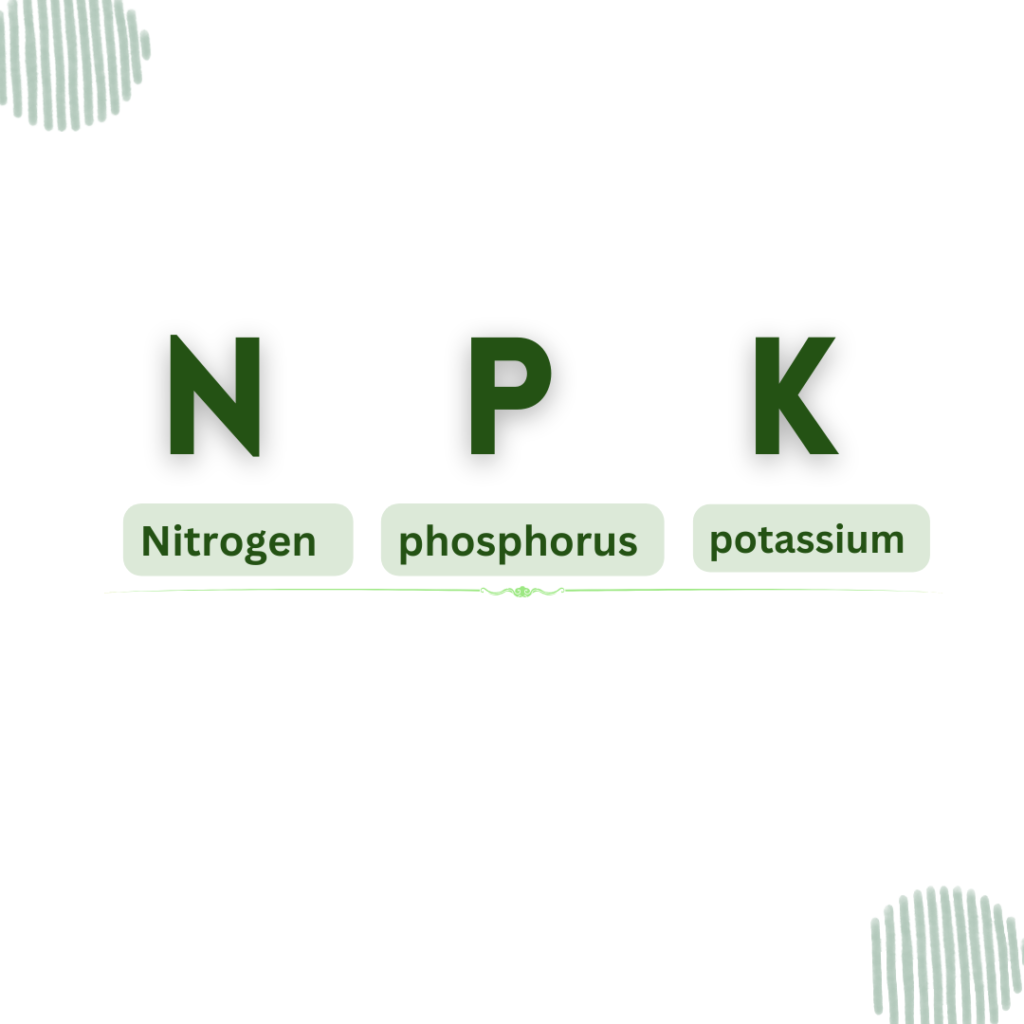
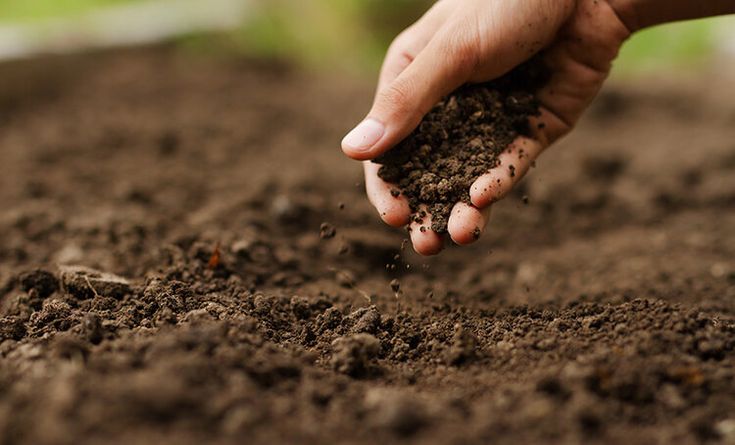












Pingback: Container gardening like a pro! -
Pingback: Little known ways to use natural fertilizers in your kitchen garden -
Pingback: 12 Kitchen gardening planting techniques you need to know! -
Pingback: Vertical gardening 101: Everything you need to know -
Pingback: Terrace Vertical Gardening: why to choose?
Pingback: Sustainable Fertilizers: A Beginner's Guide to Organic Soil Health